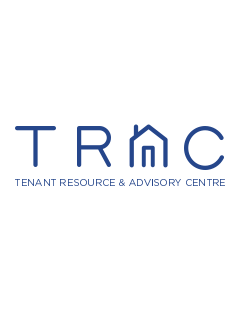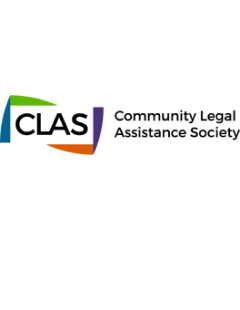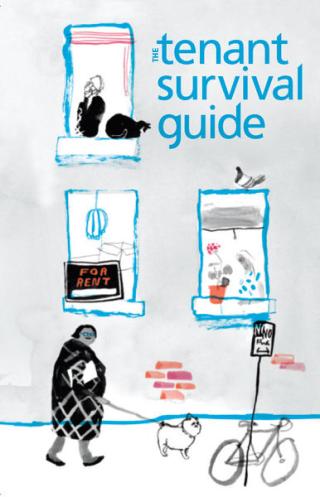
Your Tenancy: Alternatives to Dispute Resolution
Tenant Resource & Advisory Centre (TRAC)
The Residential Tenancy Branch handles most rental disputes in BC, but there are some exceptions where you’d have to go to court or a tribunal. Beyond formal hearings, tenants and landlords are encouraged to negotiate settlements, with options to engage an arbitrator.
Last reviewed March 2024


